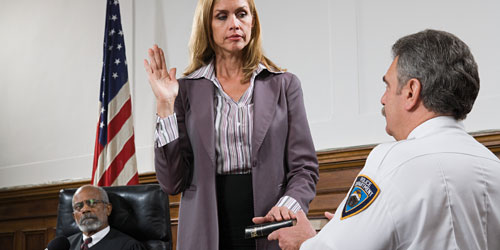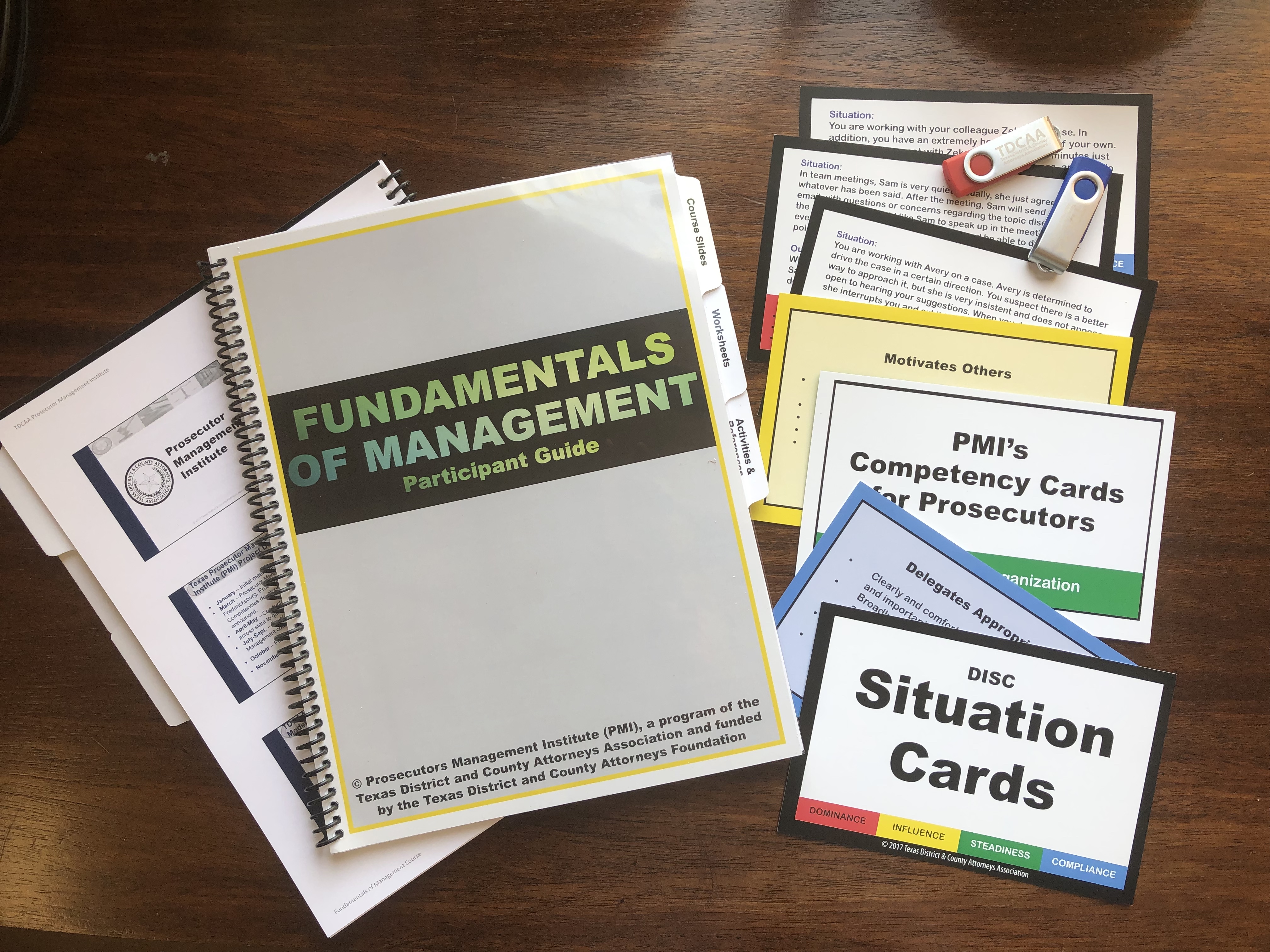Texas Court of Criminal Appeals
Niles v. State
Nos. PD-0234-17 & PD-0235-17 6/13/18
Issue:
Is the failure to include a jury instruction on an element of an offense included in the charging instrument subject to a harm analysis?
Holding:
Yes. Under Apprendi, any sentencing factor that increases the maximum punishment range must be submitted to the jury and proved beyond a reasonable doubt. The failure to submit a sentencing factor to the jury violates a defendant’s Sixth Amendment right to a jury trial, but it is not structural error. A jury instruction that omits an element of the offense does not “necessarily render a criminal trial fundamentally unfair” and is therefore subject to a harm analysis. Read opinion.
Dissent (Yeary, J.):
On direct appeal the defendant argued that his sentence was illegal because the jury charge failed to include an element that raised the charge from a class B misdemeanor to a class A misdemeanor. The Court, on accepting a petition for discretionary review from the State Prosecuting Attorney, reframed this appeal as a jury charge error, not an illegal sentence. The State did not preserve any objection to the jury charge and the cases relied on by the SPA are distinguishable. Additionally, the defendant was not given the opportunity to argue on remand that the error was structural as a matter of state law. Read opinion.
Commentary:
This opinion will largely be of interest to appellate prosecutors, as it deals with the type of error that is involved and whether a harm analysis should apply. There is also some important language in the opinion about the ability of the State Prosecuting Attorney to represent the State on appeal, even to the point of taking a different position on appeal than that of the local district or county attorney. It might be assumed that, on remand, the court of appeals will find the jury charge error in this case to be harmful because a crucial element was omitted from the jury charge. The bottom line is, even if that occurs, the State would then be free to prosecute the defendant again for a Class A misdemeanor, not just a Class B misdemeanor.
White v. State
No. PD-0442-17 6/13/18
Issue:
Is the State required to prove that a recording does not violate Code of Criminal Procedure Art. 38.23 before entering it into evidence?
Holding:
No. If the defendant does not show any evidence of a statutory violation, the State does not have the burden to prove that the recording was made legally. Here, the preponderance of the evidence established that the recording did not violate Penal Code §16.02, even if the State did not present evidence that the third party who gave the recording to the victim recorded it himself. Read opinion.
Concurrence (Keller, P.J.):
A defendant who claims that evidence should be excluded under Art. 38.23 for violation of a statute is in the same position as a prosecutor charging a crime under the same statute, except that the defendant’s burden of proof is by a preponderance of the evidence. The defendant must prove a statutory violation before the State is required to prove any “affirmative defenses.” Read opinion.
Commentary:
The factual dispute in this case is whether a party to a conversation recorded that conversation and, therefore, consented to the recording of that conversation. That factual dispute was answered at trial in the State’s favor and appears to be correct, even though the evidence on that subject was not crystal-clear. The legal issue in this case deals with who has the burden of proof regarding the admissibility of evidence in general, and who has the burden of proof regarding the admissibility of evidence that is alleged to have been illegally obtained in particular. Presiding Judge Keller, in her concurring opinion, offers a slightly different approach in answering that question, and it is notable that she got several other judges to join her opinion—just one short of a majority. Thinking about and trying to understand these legal issues too long can make your head hurt, so read carefully.
Lee v. State
No. PD-0736-17 6/13/18
Issue:
Is a defendant entitled to a mistrial when he fails to request a curative instruction that could have remedied the error of mentioning evidence in an opening statement that ultimately was not admissible?
Holding:
No. A defendant is not required to request lesser remedies, such as a curative instruction, to move for a mistrial. However, the trial court may choose to deny a request for mistrial when the lower remedy would have cured the error. Here, the State’s opening statement referenced BAC tests that were later ruled inadmissible. The trial court did not abuse its discretion by denying the request for a mistrial because the defendant did not ask for a jury instruction to disregard any mentions of BAC testing in the opening statement, which would have cured the error. Read opinion.
Commentary:
You may have heard that, in order to preserve error, a defendant must object, ask for an instruction to disregard, and move for a mistrial—in that order. In fact, defense counsel can go straight to moving for a mistrial if he thinks that the error was bad enough, but he better be right. In this case, defense counsel was not. An instruction to disregard would have been sufficient to cure error, so the court of appeals should not have addressed whether the defendant was entitled to a mistrial.
Announcements:
From our friends at the OAG’s Human Trafficking and Transnational/Organized Crime Section:
Backpage record certification requests should be sent to info@backpage.net. Please remember to attach the records you need certified and the certification document that you are requesting be completed and returned to you. Please allow 2-3 days for your request to be processed. If you have a record certification request that requires urgent attention, indicate that by including the word “URGENT” in the subject line of your email.
Additionally, the FBI and its law enforcement partners are continuing to put processes in place to make historical Backpage data available to federal, state, and local law enforcement officials for use in ongoing investigations and prosecutions. Further information and guidance will be disseminated as soon as these processes are in place.
Please share this information with your state and local law enforcement partners. This information will also be posted on backpage.com.
Recent changes to forensics accreditation requirements:
The Texas Forensic Science Commission has adopted amendments to 37 Tex. Admin. Code §651.5 and §651.7, which went into effect May 24. The changes add “crime scene reconstruction including bloodstain pattern analysis and trajectory determination” to the list of forensic disciplines exempt from accreditation requirements under Art. 38.35 of the Texas Code of Criminal Procedure. The change was needed to provide clarity to previously existing rules adopted by DPS. Under the previous rules, some courts were excluding bloodstain pattern analysis based on Art. 38.35, and some courts were admitting the same type of evidence. The accreditation exemption for bloodstain pattern analysis is intended to be temporary (for 15 months) to allow entities that perform this type of analysis the opportunity to obtain accreditation. To view the Commission’s hearing on bloodstain pattern analysis, see: https://www.youtube.com/watch?v=ZiWabgbOL9o



